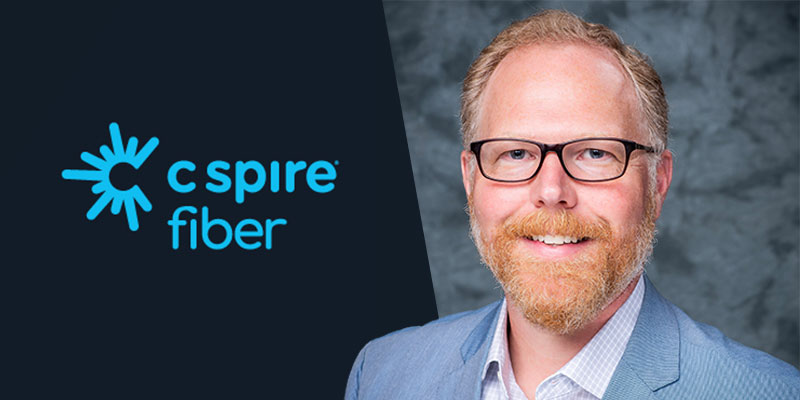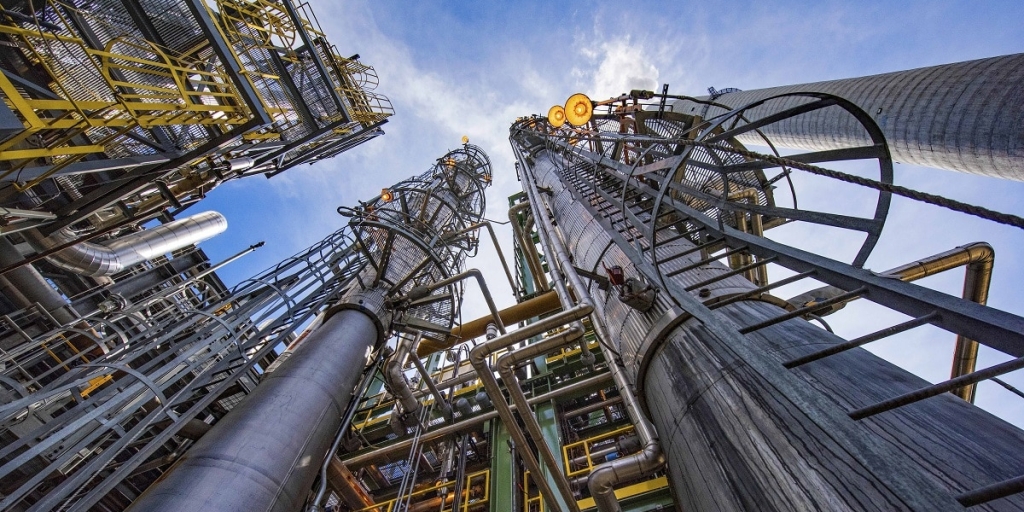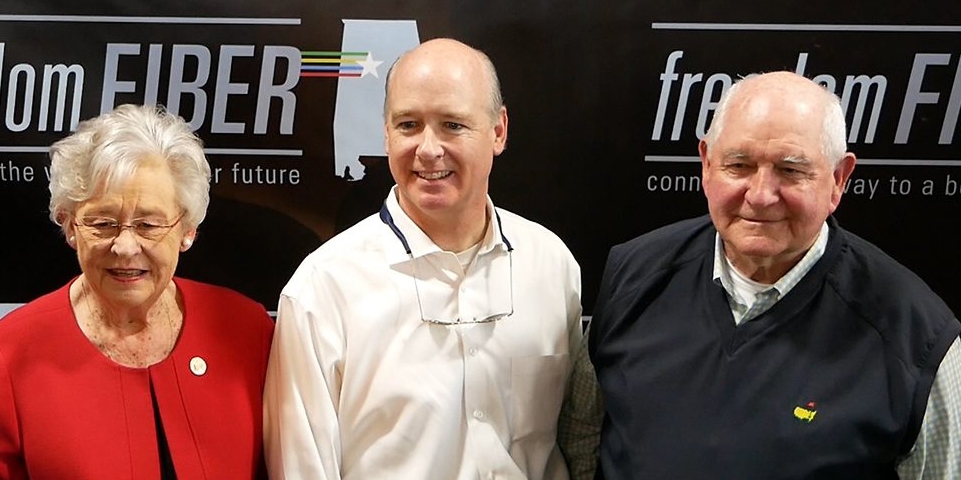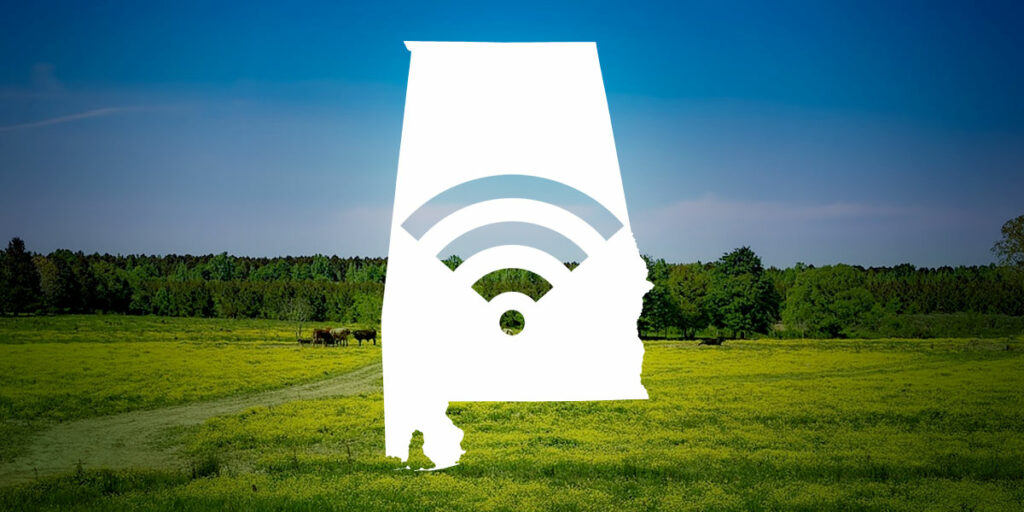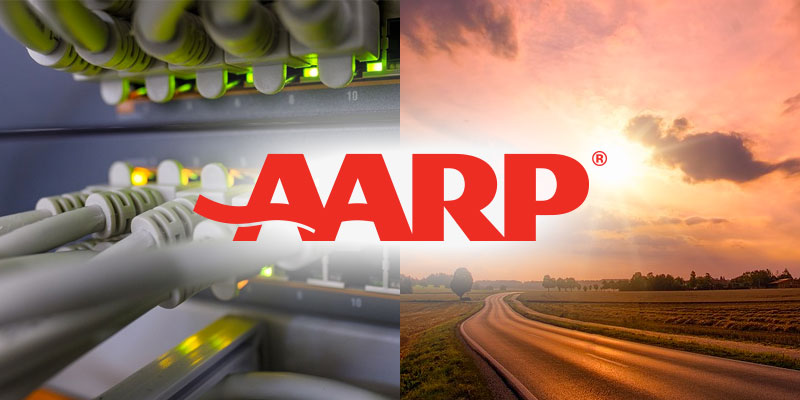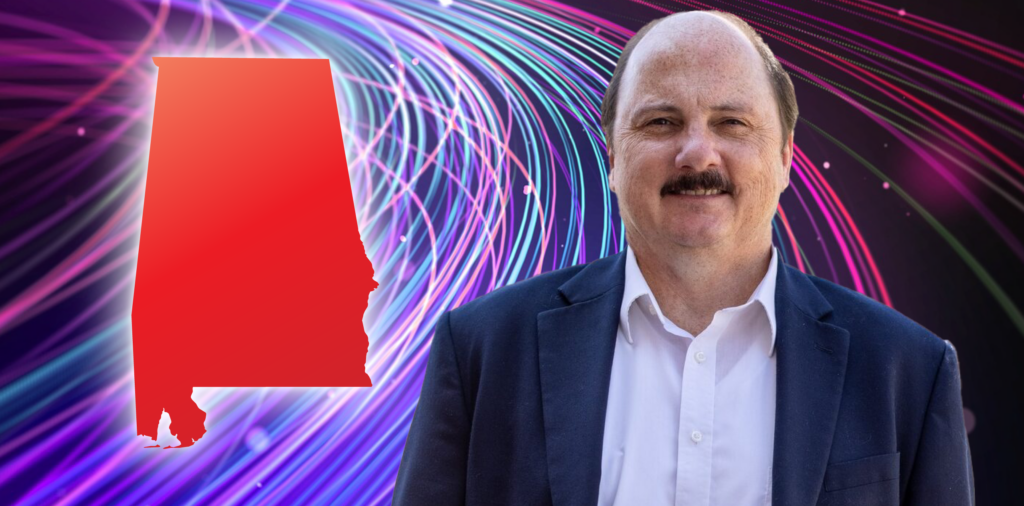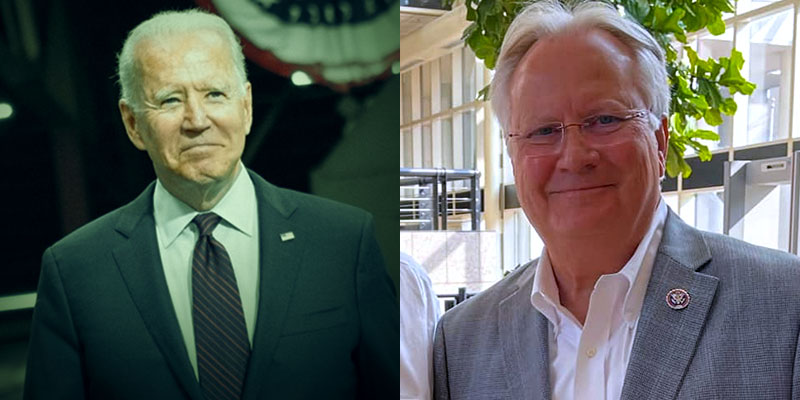There is no doubt the topic of infrastructure is on the minds of many Americans. Seventy-four percent of respondents to a June 2021 Pew Research poll identified infrastructure in the U.S. as a “big problem.”
But infrastructure is much more than the highway paving projects and municipal utility overhauls we usually think about. In fact, the most critical infrastructure for successful communities today and in the 21st Century is access to broadband internet delivered by high-capacity fiber-optic lines.
Reliable, high-speed internet is no longer a convenience or a want. Communities need dependable internet access, and fiber is the key ingredient to future-proofing consumers and businesses.
Fiber internet enables symmetrical Gigabit speeds, meaning information is downloaded and uploaded at the same rates, with low latency and high bandwidth that enables entire households and businesses to operate on a single fiber connection without experiencing lag time. In addition, fiber increases home values by an average 3.1%, while multi-tenant dwellings see an almost 8% hike in rental value.
The need for fiber is so great that cities like Jasper, Alabama, are creating grassroots campaigns to attract and accelerate construction of fiber infrastructure. After thorough research, the city of Jasper and C Spire initiated a public-private partnership to bring fiber internet to residents and businesses.
Jasper Mayor David O’Mary wanted to build a city not just for today but for the future, one that can serve its residents as well as attract industry and commerce partners. O’Mary relied on a maxim he learned in the banking business: Look at others in your line of work who are doing well and find out how to replicate their success. He built a relationship with Huntsville Mayor Tommy Battle, who advised him that without technology, you don’t have a chance.
“I found out what C Spire has done in Mississippi and thought, those folks would do well in Jasper, too,” says O’Mary. Jasper then partnered with Alabama Power and C Spire to bring fiber to the city through infrastructure being built by the utility company. The loop being constructed around the city has multiple-strand fiber, portions of which are leased to C Spire to bring fiber to residents and businesses through a demand-driven, crowdsourcing model.
“More and more people are working remotely at home, and if you don’t have the fast internet speeds fiber can provide, then people won’t choose to live in your city,” he adds. “We’re beginning to see from more people in our city working remotely, and with our proximity to Birmingham, we think fiber is going to pay big dividends with people who would like to have a slower pace of living.”
Fiber infrastructure is crucial to education, as well. Two hundred miles southwest of Jasper, the city of Clinton, Mississippi, participated in one of C Spire’s first public-private fiber partnerships through a crowd-sourced fiber-to-the-home initiative in 2015. The project coincided with the Clinton Public School District’s rollout of its 1:1 technology initiative, a tech-integration program in which every student and teacher is assigned a personal computer they can use on campus and at home.
“Computers in the hands of over 5,000 students meant the need for expanded bandwidth across the city, and the C Spire fiber-to-the-home initiative was right on time,” says Phil Fisher, mayor of Clinton.
Educating the next generation is only part of fiber’s success story, though. Greg Barker, president of the Economic Development Partnership of Alabama, says fiber internet infrastructure also puts Alabamians in a position for success with telemedicine and rural healthcare and e-commerce.
“Fiber is not only important to people transacting business using the internet and selling products globally, but also to conducting virtual meetings and working remotely,” says Barker. “Being able to access high-speed fiber is very valuable.”
Miller Girvin, executive vice president of innovation and entrepreneurship at the Economic Development Partnership of Alabama, adds, “In order to have a fighting chance, startups need the speed and reliability of fiber internet or else they can’t compete. We want to support our towns that have startups and remote workforces.”
As C Spire expands and builds its managed fiber infrastructure into Alabama towns like Jasper, Trussville, Tuscaloosa, Northport, Mobile and Baldwin counties and the North Shelby County cities of Pelham, Helena and Alabaster, the company is continually looking for new ways to work with communities whose citizens and leaders are engaged in creating a positive shared future.
C Spire is constantly asked about public-private partnerships to bring fiber to new communities, and the truth is we’re open to all options. We go to the places where our services are demanded, whether by leadership, the citizens or both.
To learn more about C Spire’s ultra-fast fiber broadband internet or how to start your own neighborhood or community crowd-sourcing campaign, interested residents should visit www.cspire.com/fiber or email [email protected].
Ben Moncrief is managing director of broadband operations in Alabama and Senior Vice President of Strategic Relations for C Spire.




